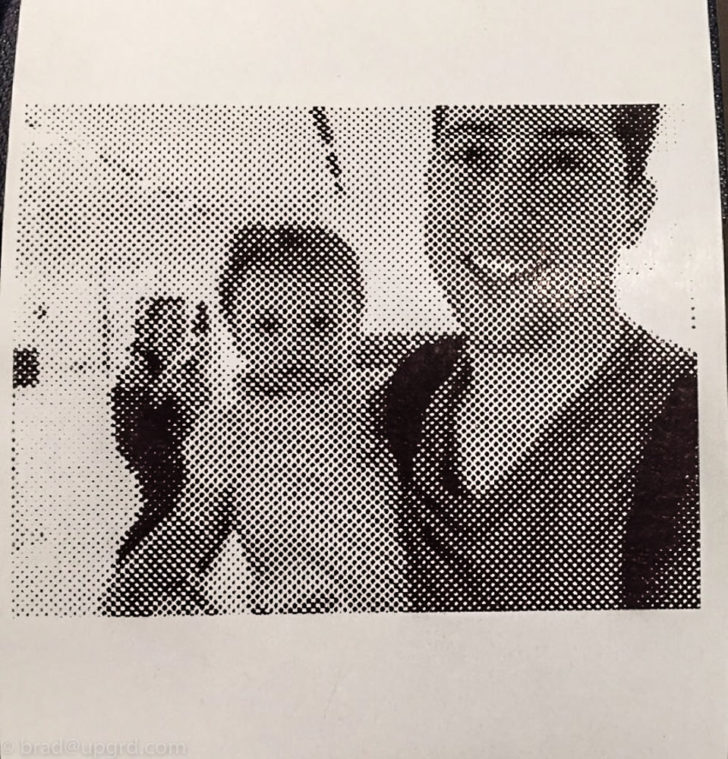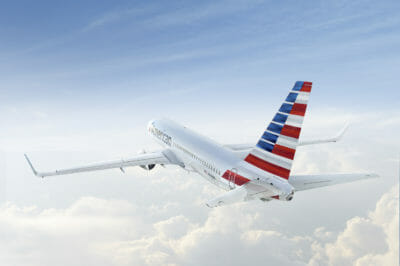For many travelers, the security process before flights is among the most frustrating part of the experience. For domestic flights, TSA PreCheck has been a huge help, which I have thanks to my NEXUS membership. NEXUS of course gives Global Entry access when returning to the United States. Internationally, I’ve registered for a few expedited screening programs, including EasyPass in Germany and the Frequent Visitor E-Channel in Hong Kong. I’m content giving up some personal information to simplify the security screening process when traveling. Not everyone is willing to do so. Of course, besides saving time when returning from an international trip, you can have fun with a Global Entry Selfie:
My daughter’s first #GlobalEntrySelfie
Interesting take on airport security
Here is an an interesting interview I read recently. Here are some excerpts from and interview in Air and Space with Philip Baum, editor of Aviation Security International.
How effective are the airport security measures put in place in the United States after 9/11?
The passenger screening checkpoint is more robust now than ever before and, at the very least, seems to be an effective deterrent. However, we need to consider whether it is just good “security theater” or whether it is truly capable, if operated by personnel of the right caliber, of identifying most of the prohibited items we are searching for. Here lies the problem: We should not be searching for prohibited items. We should be searching for negative intent. Who cares whether a passenger has a pair of scissors or a box cutter if there is no intent to use them as a weapon?
We all know we can go to an airport duty-free shop and buy glass bottles which, if broken, are far more dangerous. Aviation security ought to be based more on common sense. Yes, I believe passionately in profiling—not racial profiling, but differentiating between passengers based on a risk analysis. People argue against it, yet every other security agency uses the technique, including customs, immigration, and quarantine officers assigned to airports.
The Transportation Security Administration in the U.S. uses human workers to man screening devices searching for weapons and banned items, but undercover tests conducted by the Department of Homeland Security discovered that human screeners repeatedly fail to detect banned items at security checkpoints. Should the TSA consider some type of artificial intelligence at security checkpoints to assist the human screeners, who might be prone to boredom and fatigue?
The problem is not just one of human error: The caliber of the staff employed, their level of motivation, and the disciplinary process in place to address security failings are all important factors to consider. We are inspecting far too many people for a ridiculous range of materials that are—in themselves—not a threat. The whole liquid-aerosol-gel regime introduced a decade ago has resulted in vast numbers of people being inconvenienced and having perfectly safe products confiscated. Screeners see a bottle of wine and think they have found a threat. Maybe we should be encouraging a regime that actually addresses the threat and identifies those who might try to attack the industry.
The full interview can be found here.
Final thoughts
I found this interview to be pretty compelling. He seems to be asking the right questions on what the TSA should be focusing on and not just the idea of security. Sadly the concept of Security Theater is what we are left with when traveling by airplane in the USA.
What are your thoughts on the current state of travel security when flying?





